Introduction
01
Productive and resilient livelihoods, thriving rural communities and equitable value distribution are core tenets of a sustainable food system and underpin a strong agribusiness sector.
The Equitable Livelihoods project, as a part of WBCSD’s overall leadership on the equity and livelihoods agenda, works with companies across the food and agriculture value chain to generate strong business value as well as social impact through 1) Strengthening human rights policy and practice; 2) Promoting living incomes and wages; and 3) Putting farmers’ prosperity at the heart of food systems transformation.
The challenge
02
Farmers and other value chain actors are undergoing stress from climate change and are acutely vulnerable to the economic fall-out of the COVID-19 pandemic as well as political instability and conflict in certain regions.
Those that produce most of the world’s food represent the majority of the global population affected by malnutrition and living in poverty. In turn, rural workers are moving away from farming and into urban areas in search of a better quality of life. Private sector engagement in these communities to find solutions that strengthen their resilience and reward their efforts is critical to a successful food system transformation, ensuring a successful future to the entire sector.
The business case
03
Thriving rural economies are an essential prerequisite for a thriving agribusiness sector and a sustainable food system.
An increasingly stringent regulatory landscape, consumer demand for fairly-traded and sustainably-sourced products; new technologies providing essential data that can drive improved efficiencies and productivity; and innovative financing models that reward equitable investments are fast emerging. These trends and tools offer a potential win-win: stable and transparent supply for the agribusiness sector; resilient rural economies and improved livelihoods for farmers and upstream value chain actors.
The solution
04
The Equitable Livelihoods project is key in contributing to WBCSD’s organization-wide commitment to addressing the equity imperative within the Vision 2050 strategy.
Working with actors across the supply chain, the Equitable Livelihoods project develops tools and training to help companies protect human rights; promote living incomes and wages; and explore the role of inclusive and innovative business models in agricultural systems, such as empowering suppliers through responsible procurement. These solutions are in line with action areas identified in the comprehensive WBCSD Food & Agriculture Roadmap.
SDG Impact
The private sector’s role in ensuring that farmers and rural communities benefit from the food system transformation is critical to achieving many of the SDGs and company ESG targets. A focus on rural agricultural development through stimulating investment and market access; protecting human rights; and promoting the uptake of inclusive technologies are powerful levers to end poverty and malnutrition and secure sustainable development for a healthy population.
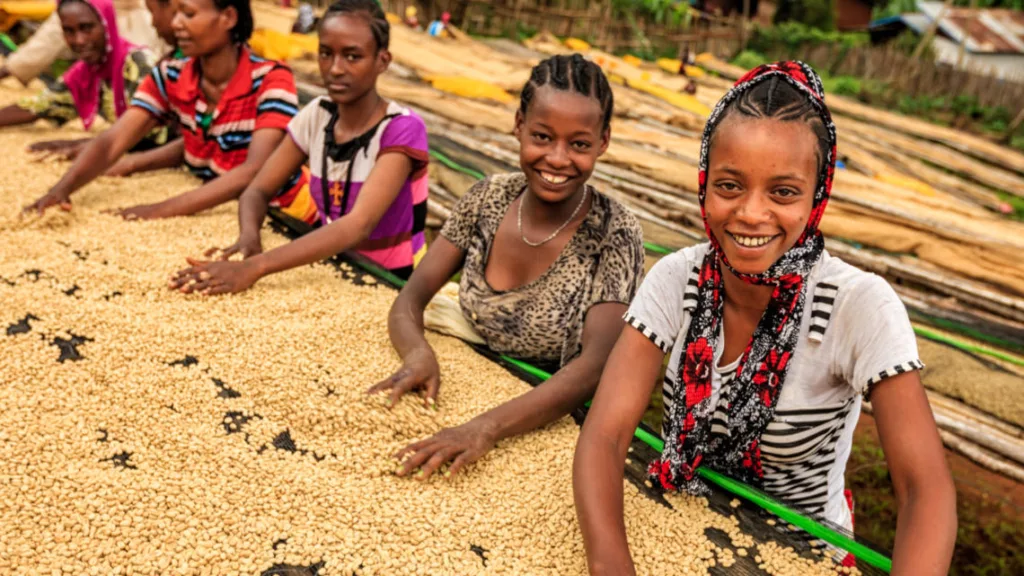
Business action to unlock the potential of African farmers – WBCSD’s takeaways from the AGRF Summit 2023
14 September, 2023
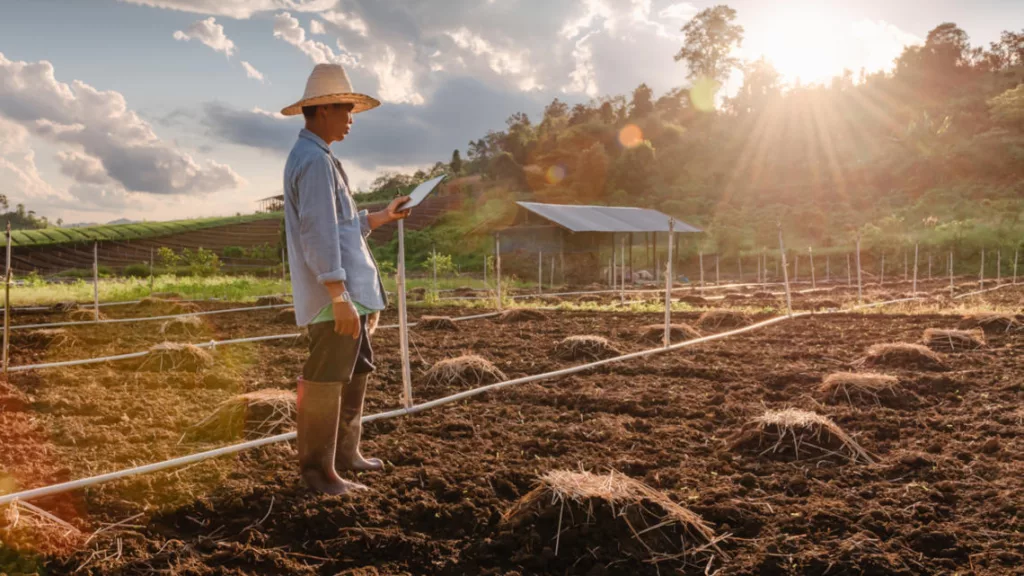
Toward a Just Transition in Agriculture: Preliminary Insights
7 September, 2023

Nestlé announces innovative plan to tackle child labor risks, increase farmer income and achieve full traceability in cocoa
27 January, 2022
Related
Resources
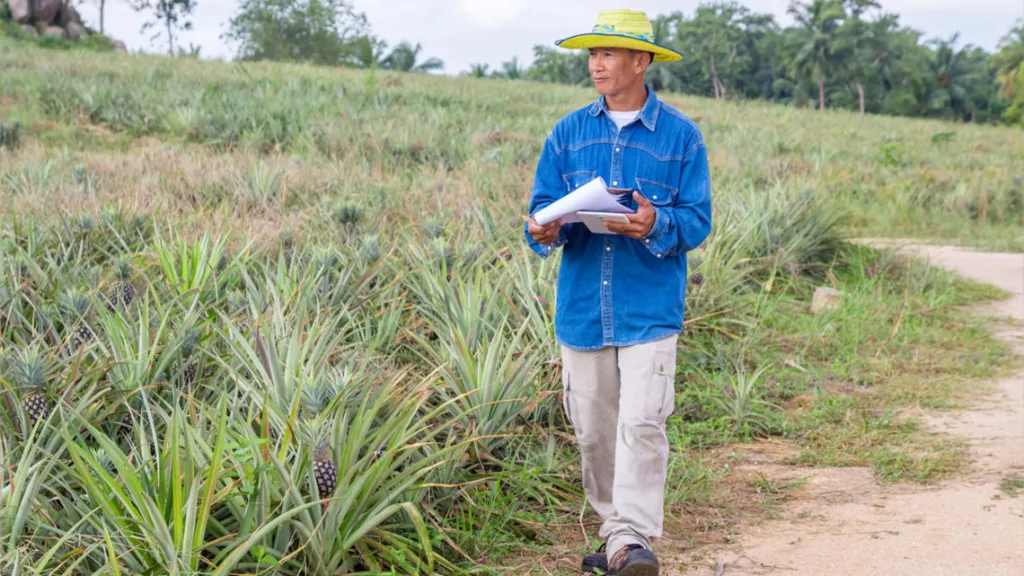
A farmer driven approach to furthering a just transition
7 September, 2023
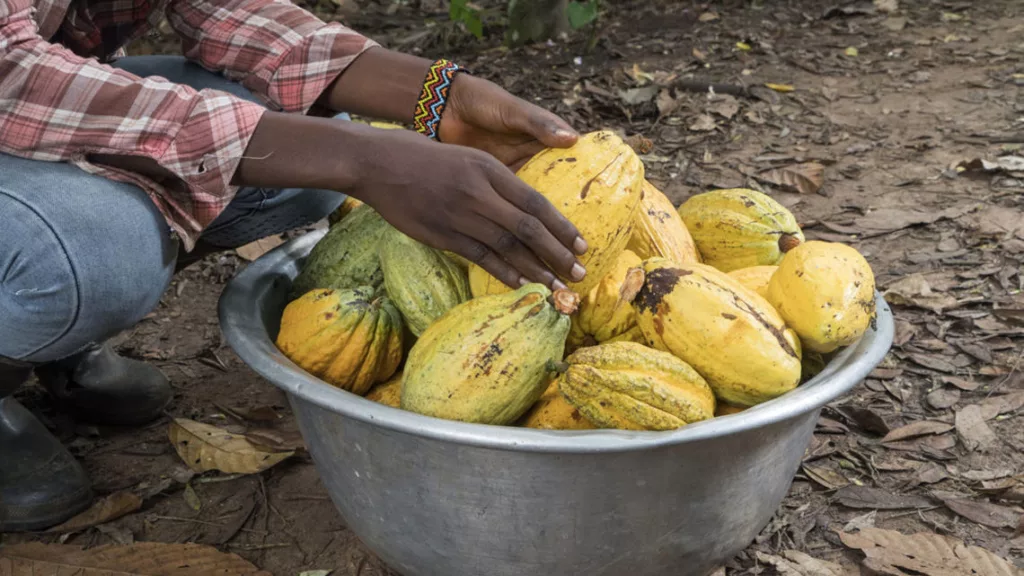
Rewarding cocoa farmers for climate-positive agricultural practices, at the same time as fighting child labor
7 September, 2023
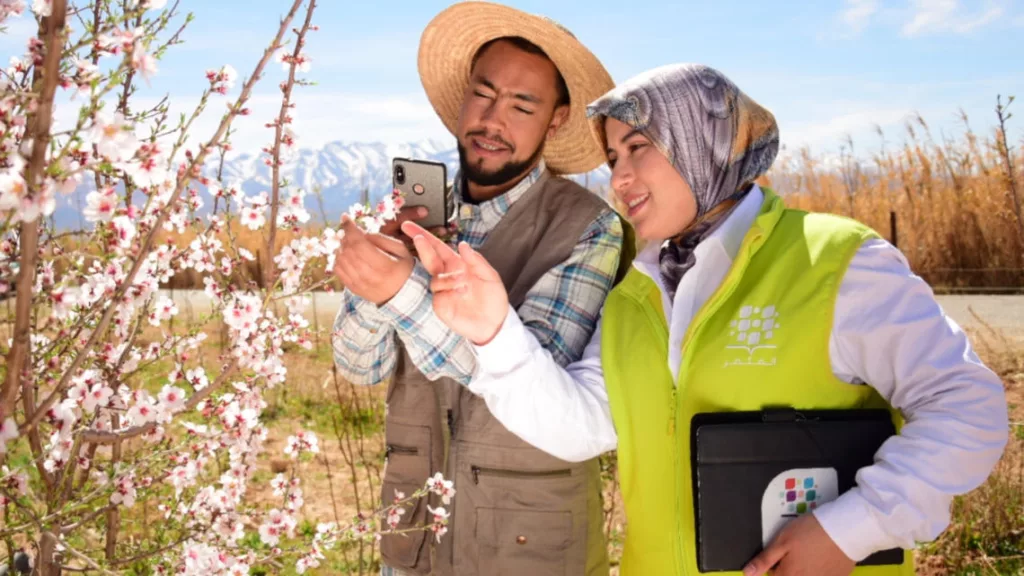
OCP’s Al Moutmir initiative promotes best agricultural practices, allowing farmers to improve productivity while preserving natural resources
7 September, 2023
